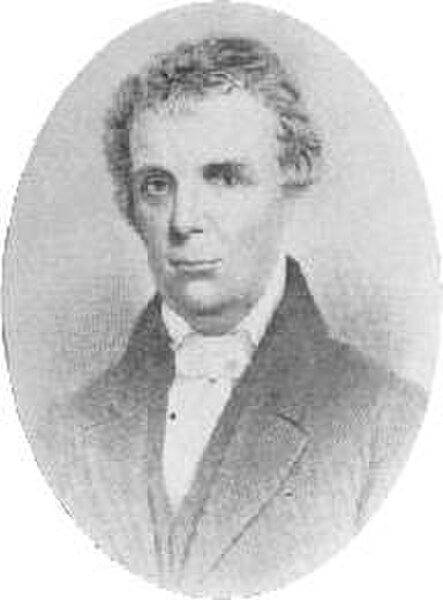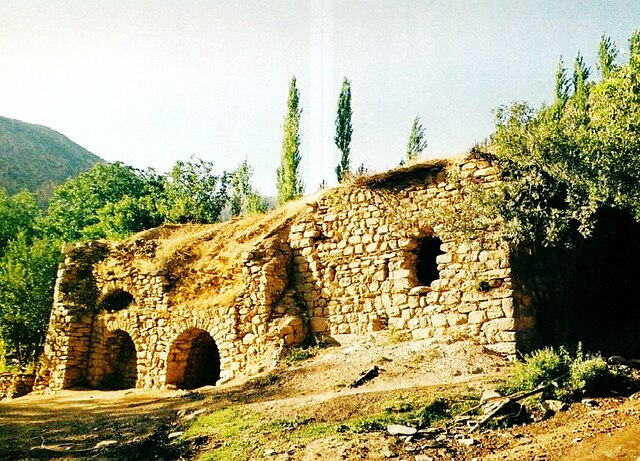Nondenominational Christianity
Nondenominational Christianity consists of churches, and individual Christians, which typically distance themselves from the confessionalism or creedalism of other Christian communities by not formally aligning with a specific Christian denomination. According to Arizona Christian University's Cultural Research Center, nondenominational faith leaders typically maintain a biblical worldview at higher percentages than those of other Christian groups.
Christians gather at a nondenominational congregation of the Churches of Christ in Texas
Image: Alexander Campbell, founder of the Disciples of Christ, head and shoulders portrait
Image: Stonebw 01
Image: CCF Pasigjf 1305 07
A Christian denomination is a distinct religious body within Christianity that comprises all church congregations of the same kind, identifiable by traits such as a name, particular history, organization, leadership, theological doctrine, worship style and, sometimes, a founder. It is a secular and neutral term, generally used to denote any established Christian church. Unlike a cult or sect, a denomination is usually seen as part of the Christian religious mainstream. Most Christian denominations refer to themselves as churches, whereas some newer ones tend to interchangeably use the terms churches, assemblies, fellowships, etc. Divisions between one group and another are defined by authority and doctrine; issues such as the nature of Jesus, the authority of apostolic succession, biblical hermeneutics, theology, ecclesiology, eschatology, and papal primacy may separate one denomination from another. Groups of denominations—often sharing broadly similar beliefs, practices, and historical ties—are sometimes known as "branches of Christianity". These branches differ in many ways, especially through differences in practices and belief.

The front door of All Saints' Church in Wittenberg, Germany, where Martin Luther nailed his Ninety-five Theses on 31st October 1517, sparking the Reformation
A 6th-century Nestorian church, St. John the Arab, in the Assyrian village of Geramon






